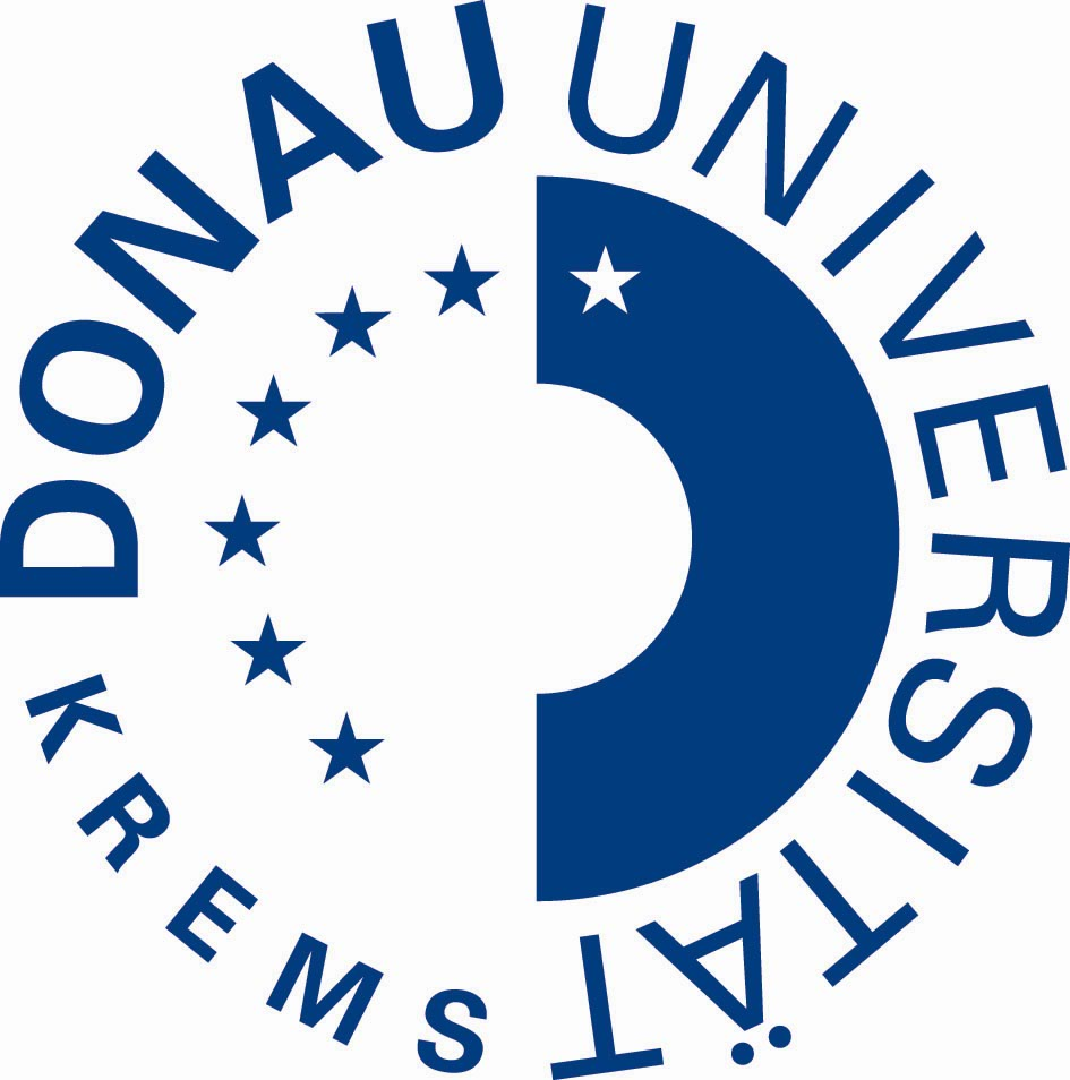SPATIAL ACCESS AND INCLUSION OF LIVELIHOOD NEEDS OF INFORMAL SETTLEMENT COMMUNITIES IN OLD RAJARAJESHWARIPETA SLUM IN VIJAYAWADA, INDIA
Instructor(s) Dr Abdul Razak Mohamed
As Taught in Even Semester 2017 to 2019
Level M.Plan 2 Year 3rd Semester
Type Theory Course
MPUR206 Urban and Regional Governance by Dr Abdul Razak M
Number of Credits 3 Subject Category Theory Lecture Periods/Week 3 Internal Assessment 50 Practicals /Lab/Workshop Periods/Week 0 End Evaluation 50 Total Periods/Week 3 Total Marks 100
Objective: The course discusses the shift from government, governance, e-governance in the context of producing equitable, inclusive, and sustainable liveable community environments.
Unit 1: Government versus Governance
Definition, concepts and types – Administration and Political boundaries of India - Features of the constitution of India – Democracy and Government – Pattern of Government in India and other countries, Good Governance index and indicators
Unit 2: National and Local Government
Central–State–Local government relations and Controls – Theories and methods of Administration system – 73 &74 CCA GOI, – Municipal Acts and structure of urban and rural Local government – Panchayati Raj, governance systems at rural levels. Types of Governance in Developing Countries.
Unit 3: Governance: Urban and Regional Perspectives
Institutional arrangement of urban local government–Urban Management and UN Habitat initiatives – Municipal infrastructure service delivery system of water, health, sanitation, security and poverty reduction - Spatial Access, Inclusion of infrastructure in informal settlements and Urban local govt case studies
Unit 4: Municipal Governance and Public Participation
Centralization versus decentralization of governments - Lessons from JNNURM - Democracy vs participating democracy - Public participation and participatory governance – Organization, types, structure, function, communication and organizational climate and Culture – Information communication system and local government – Public Relations and Local Government.
Unit 5: Governance and e-Governance
Meaning and form of e- Governance at national and international experiences in rural and urban areas – institutional and organization change – e-Governance system, e-service and e-participation, e-Readiness of local government, e-business versus e-Governance –role of internet and mobile technology in e-Governance, e-Governance for districts, towns and smart cities in India and abroad.
Suggested Readings:
1. Basu, Durga Das (2013), Introduction to the Constitution of India, Lexis Nexis Butterworths Wadhwa Nagpur, India.
2. Government of India (2014) JNNURM, Implementation of 74th Amendment and Integration of City Planning and Delivery Functions, Ministry of Urban Development, New Delhi
3. Mathias F & Sultana (Eds.) (2012), e-Governance a Global Journey, Global Publications. London.
4. Mohamed, AbdulRazak (2011), e-Governance Vs. e-Readiness in Urban Municipal Governments in Tamil Nadu, India. In Piaggeri, Americas, Sand & Castelnovo (Eds.), Global Strategy and Practice of e-Governance, Examples around the World,

